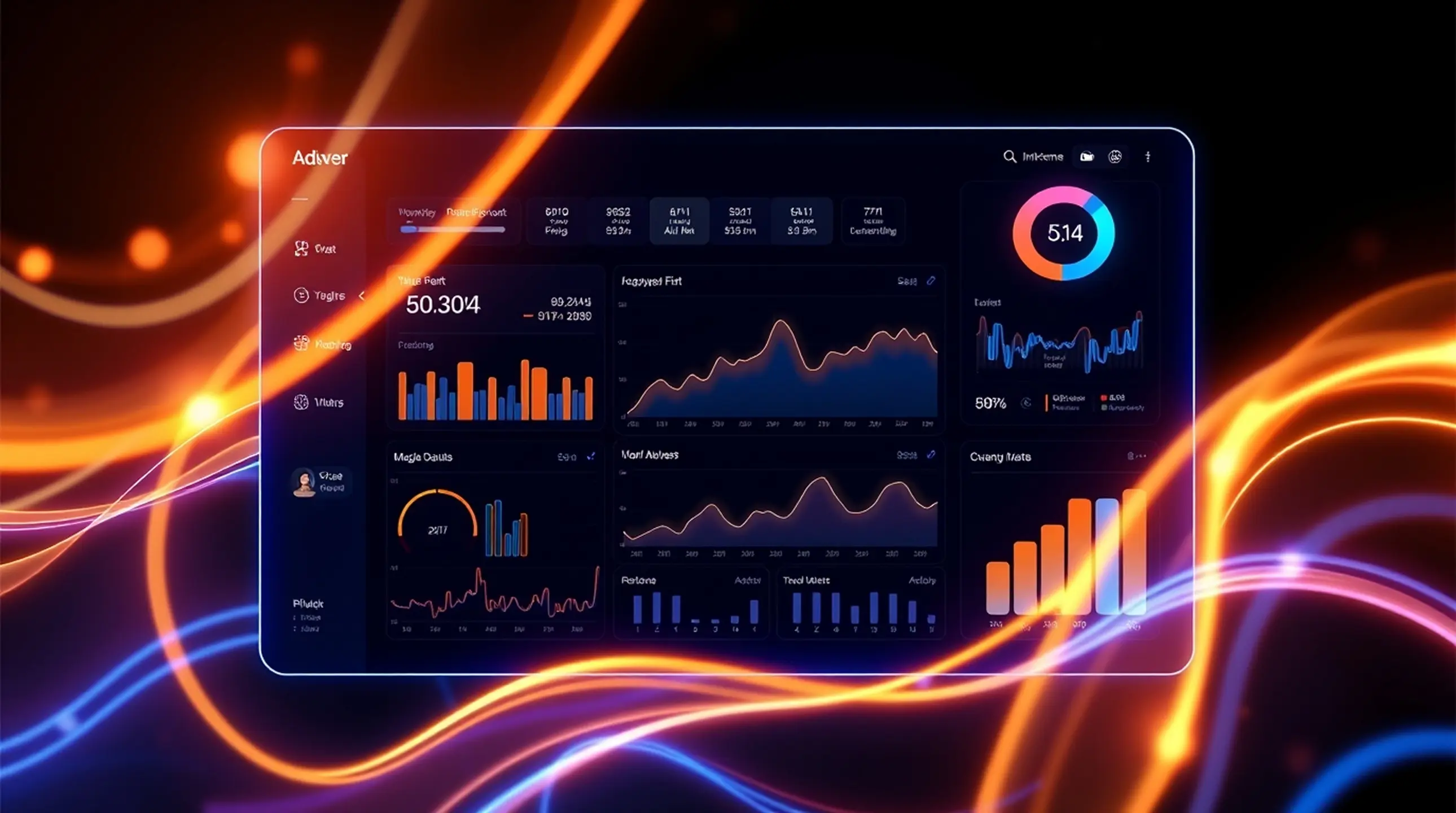The agricultural sector is at a critical juncture, facing increasing global food demand, climate change volatility, and pressure to operate more sustainably. Traditional farming methods, often relying on intuition and manual observation, struggle to optimize crop yields and resource usage. This leads to inefficient planting strategies, suboptimal use of water and fertilizers, and a high vulnerability to environmental shocks. The sheer volume of satellite, sensor, and historical data, combined with complex environmental variables, makes Artificial Intelligence and advanced predictive analytics indispensable for unlocking the full potential of agriculture.
At Zyllica, we harness the power of AI and predictive analytics to revolutionize agricultural practices. Our methodology transforms traditional farming into a precision science, enabling agribusinesses to enhance crop yield, optimize resource allocation, and build a more resilient food supply chain. Our approach includes Integrated Geospatial & Environmental Data, Predictive Yield Modeling, Optimal Resource Allocation, and Risk Simulation & Proactive Planning.
Implementing AI solutions for agricultural yield optimization offers profound benefits for agribusinesses and food producers. It leads to increased crop yield through precise predictive insights, reduced operational costs by minimizing resource waste, and enhanced resilience against environmental volatility. This positions our clients as leaders in innovative and sustainable agriculture, securing a more resilient food supply.
Contact Zyllica's Science Team to discuss how AI can maximize your crop output and ensure sustainability.
More Thought-Provoking Insights

Water scarcity is a global challenge. This article explores how AI can transform traditional, reactive water management into a proactive and predictive science, enabling intelligent consumption rationalization and ensuring a sustainable water future.

Effective water resource management is hindered by unmetered water concessions. This article explores how AI and advanced inferential modeling can transform this critical blind spot into a powerful asset, enabling authorities to make informed decisions and achieve a more complete water balance.

Industrial operations are vital for economic growth, but often have a significant environmental footprint. This article explores how AI and advanced analytics can revolutionize industrial emission control, transforming it from a reactive necessity into an intelligent, optimized, and highly effective operational advantage.